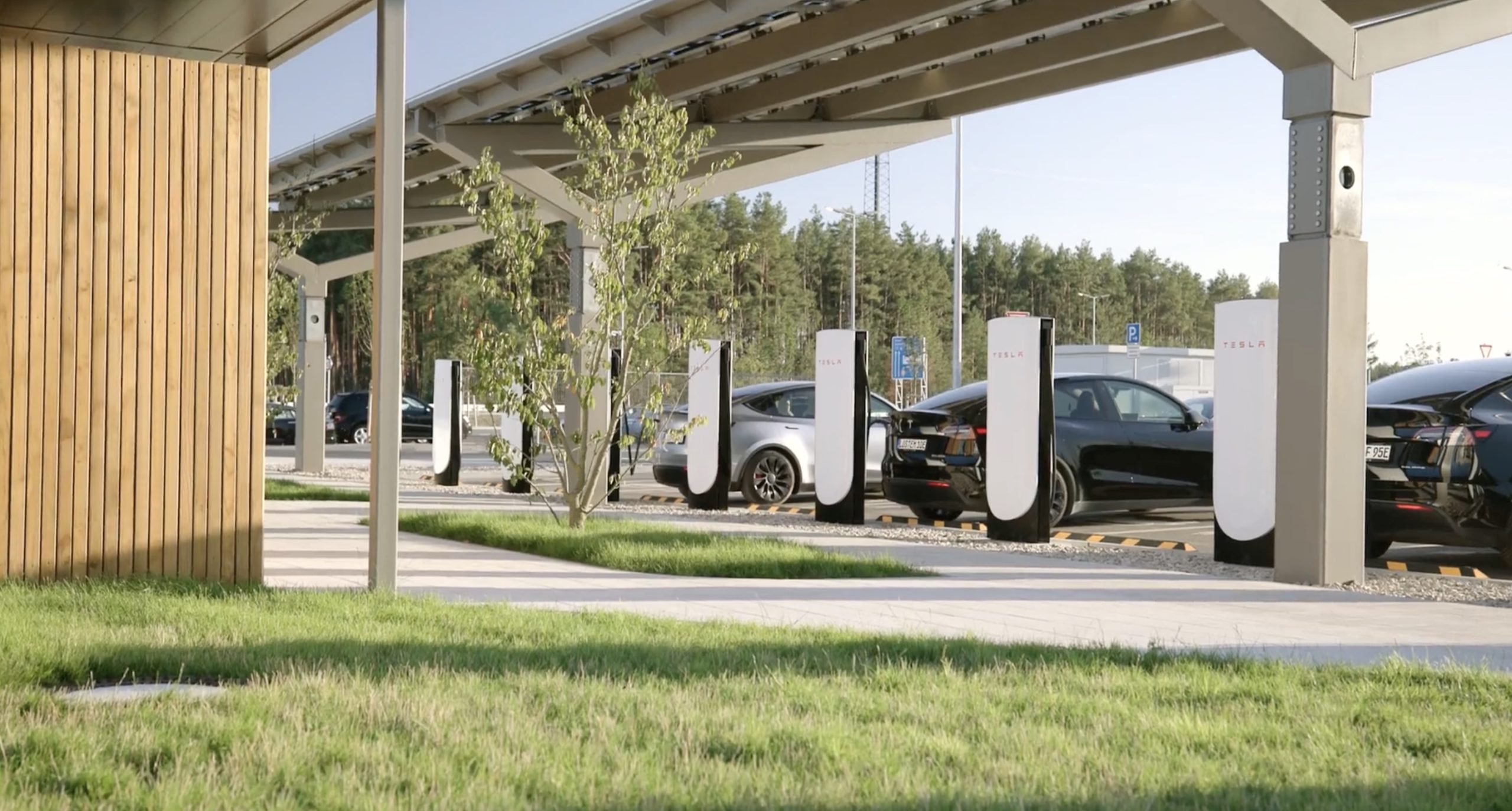With Europe’s gas phase-out plans now within view, the countries there could be set to lose significant funding from fuel taxes in the coming years.
Last year, the European Union (EU) officially approved a mandate to end the sale of new gas cars by 2035, in order to help reduce greenhouse gas emissions and slow down the warming of Earth’s atmosphere. Still, the change could have some latent effects, especially as most countries get crucial revenue from taxes on gas.
In 2023, the top five economies in Europe earned over €150 billion ($163 billion) in fuel levies, representing as much as 2 percent of the countries’ total taxes, according to Bloomberg. In the United Kingdom, gas and diesel duties are predicted to amount to £24.3 billion ($31 billion) between last year and this year—or more than alcohol and tobacco taxes combined.
Many of these taxes go toward important societal needs such as hospitals, schools, and road maintenance, highlighting the need for the income to continue, even as electric vehicles (EVs) take over the market in the coming years. Instead of allowing this revenue to disappear as battery-electrics become the new norm, it might be time to start planning for replacement options now.
There are multiple potential options for ensuring this revenue remains with the transition to EVs, including the fact that these sectors could generate funding elsewhere, like through income taxes. However, some also argue that this approach, not unlike the option of taxing car sales outright, wouldn’t account for how much a person uses their vehicle, potentially increasing congestion, and removing incentives to buy more efficient vehicles.
As such, taxing driving specifically may be a better alternative. Still, taxing electricity rates would require some houses to add meters for this purpose, and it may risk offering wealthier households, who can afford to install home-charging equipment, lower taxes than those charging at public charging stations. Add in the element of the increasing rollout of residential solar power, and this could even further exacerbate the issue.
Instead, taxing as fairly as possible on the actual road use would be ideal, which isn’t unlike many areas’ use of toll roads. Whether using annual checkups and registration practices to determine how many miles a given vehicle drives per year, or using something else like GPS, this approach seems like it could offer a more level playing field across socioeconomic lines.
In any case, beginning to consider these options now will be imperative for government officials to avoid losing this funding in the future, and delaying this process could result in a tougher transition period.
How do you think EVs should be taxed in Europe? What about in other countries? Let me know at zach@teslarati.com, find me on X at @zacharyvisconti, or send your tips to us at tips@teslarati.com.











